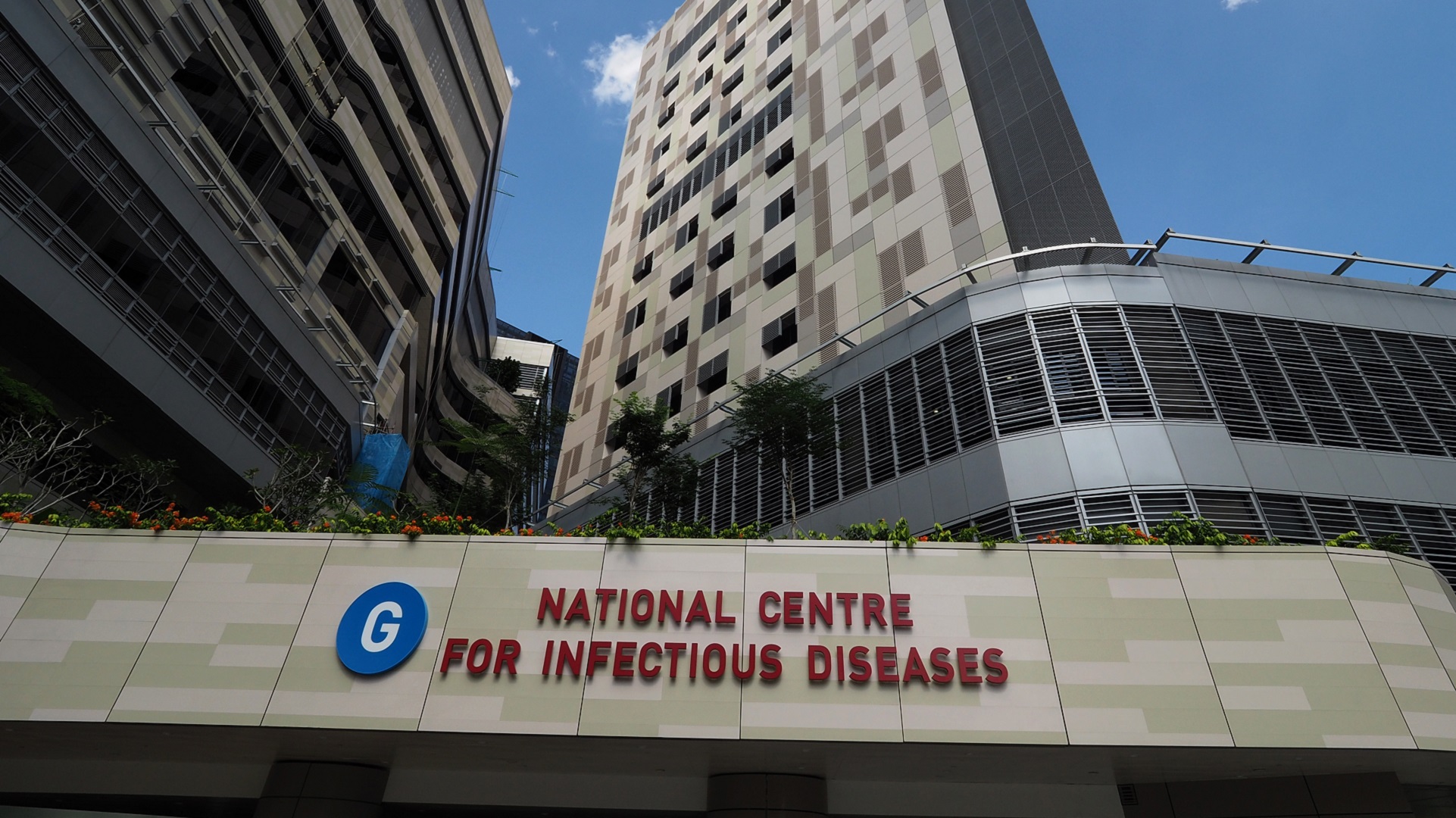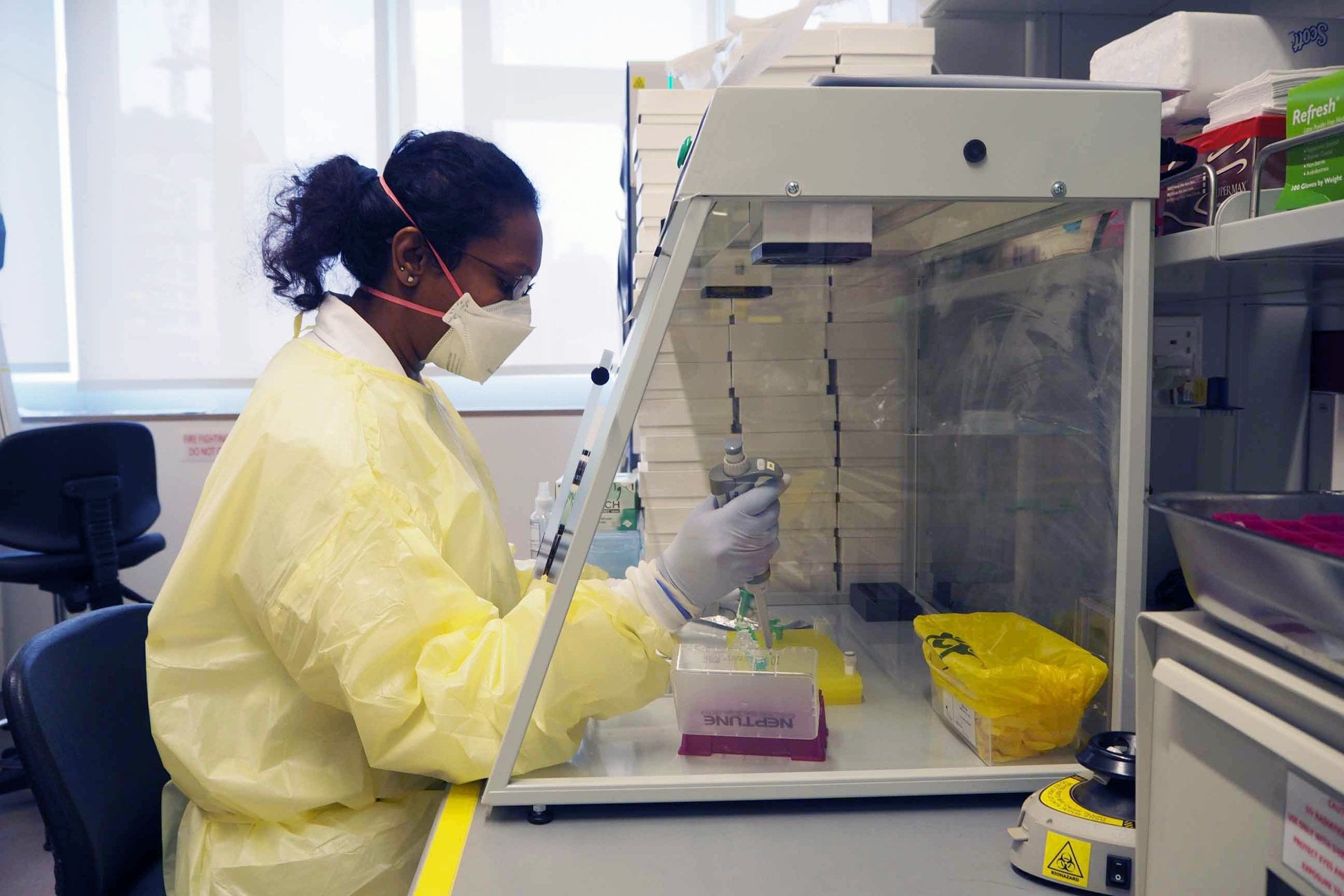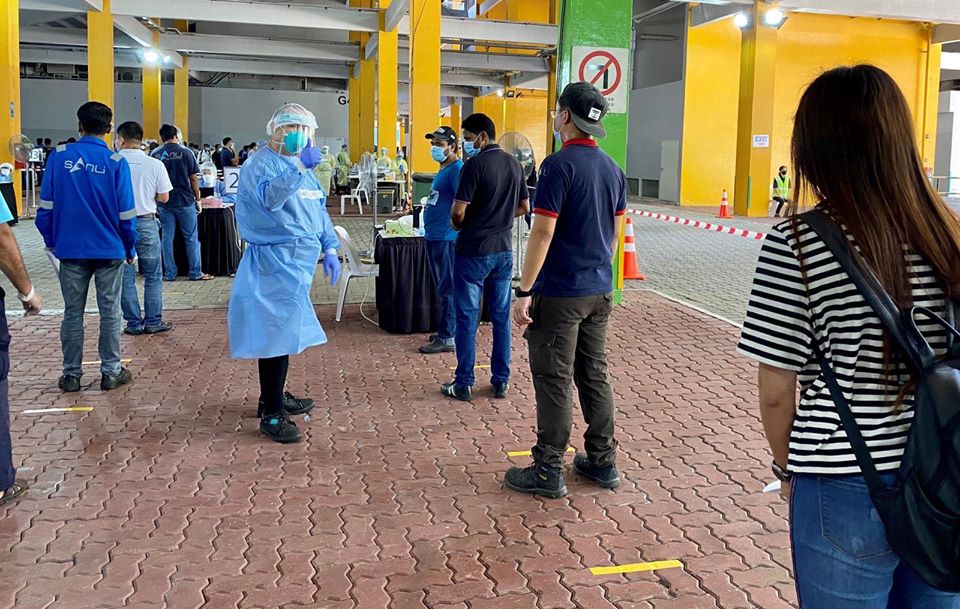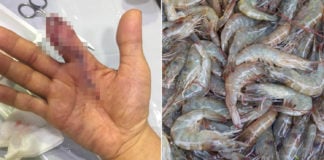If Covid-19 Is Airborne, Current Covid-19 Measures Are Still Sufficient, Says NCID
Most of us would be familiar with how Covid-19 is spread by now — respiratory droplets that are created when patients cough or sneeze.
However, it turns out that the disease might actually be airborne, as suggested by a group of 239 experts from 32 countries, wrote The New York Times (NYT).
The experts approached the World Health Organisation (WHO) in an open letter, urging them to re-look their measures and precautions as they believed Covid-19 may be airborne.
Singapore’s National Centre for Infectious Diseases (NCID) is currently conducting its own study to find out whether the claim is true, said The Straits Times (ST).
Meanwhile, they assure Singaporeans that even if Covid-19 does turn out to be airborne, our current measures are sufficient to keep us safe.
NCID conducting study based on airborne claims
With all the hubbub about airborne transmission overseas, Singapore’s NCID has taken the liberty of conducting their own study based on these experts’ claims, reported ST on Tuesday (7 Jul).
Covid-19 hasn’t exhibited the same characteristics as other airborne illnesses like measles or tuberculosis, said NCID’s senior consultant Dr Kalisvar Marimuthu to ST.

Although small airborne particles can carry the coronavirus, Dr Kalisvar emphasised that the significance of the airborne transmission was the main concern in ST’s article.
Current measures sufficient to curb airborne transmission
Dr Kaslivar assured Singaporeans that should Covid-19 turn out to be airborne, our current precautionary measures are sufficient to keep us safe.
Mask-wearing and safe distancing would be able to keep the particles from infecting others to a large extent, even in certain situations like singing.
He advised Singaporeans to “increase (their) adherence” to the precautions instead, and keep to the measures that the Ministry of Health (MOH) have put in place.
239 experts say Covid-19 airborne
The group of experts plan to publish their findings in a scientific journal next week, but have apparently found concrete evidence that smaller airborne particles are infectious, reported NYT.
Now, they’re calling for the WHO to review their claim that airborne transmission only occurs when aerosol particles are less than 5 millionths of a metre, stated NYT.
The letter adds that WHO is artificially differentiating droplets by size, even though infected people produce both, and multiple occasions show signs of airborne transmission.
Experts claim WHO’s policy is “out of step with science”
The team of experts allegedly feels that though the WHO’s intentions are genuine, they are unfortunately “out of step” with scientific evidence.
Many experts on the team – including some WHO experts – felt that the organisation held an “overly medicalised view” of empirical data.
Others pointed out that they were too slow in reviewing its precautions, especially given the rapid response needed to tackle the current Covid-19 situation.
Stay vigilant & keep your masks on
At least for now, we don’t have to worry about airborne transmission, but we should still do our part by staying vigilant.
Keep your masks on, and continue observing good personal hygiene. With the community cases rising, it’s best that we all take it down a notch after General Election 2020.
After all, we’re getting our cinemas back, and we wouldn’t want yet another round of closures anytime soon.
Featured image adapted from Facebook.

Drop us your email so you won't miss the latest news.













